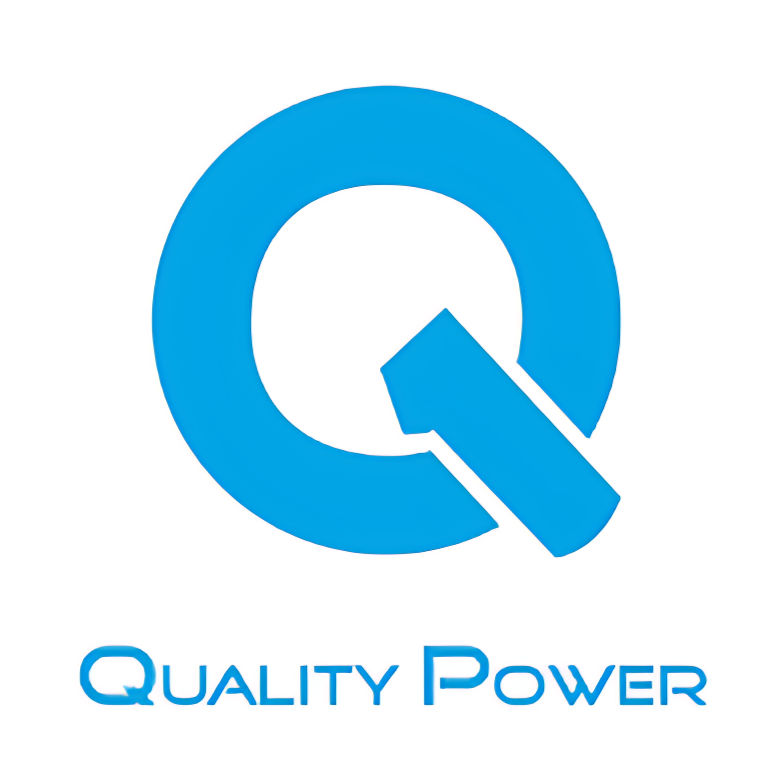
₹ 11050
₹401- ₹425
26
₹430
1

18 Feb 2025
20 Feb 2025
21 Feb 2025
Application Details
The Quality Power Electrical Equipments IPO is scheduled to open on February 14, 2025, and close on February 18, 2025. The IPO is a Book Built Issue with a price band set between ₹401 and ₹425 per share, and a face value of ₹10 per share. Investors can apply in lots of 26 shares, with a minimum retail investment of ₹11,050 for one lot and a maximum of ₹1,98,900 for 18 lots.
The total issue size comprises 2,02,04,618 shares, aggregating up to ₹858.70 crore, including a fresh issue of 52,94,118 shares worth ₹225 crore and an offer for sale of 1,49,10,500 shares amounting to ₹633.70 crore. The IPO has reserved not more than 75% of the net offer for Qualified Institutional Buyers (QIBs), at least 10% for retail investors, and at least 15% for Non-Institutional Investors (NIIs).
The basis of allotment will be finalized on February 19, 2025, followed by the initiation of refunds and credit of shares to Demat accounts on February 20, 2025. The shares are set to be listed on both BSE and NSE on February 21, 2025.
About Quality Power Electrical Equipments Limited
Company Overview
Incorporated in 2001, Quality Power Electrical Equipments Limited is a key player in the energy transition equipment and power technology sector. The company specializes in manufacturing high-voltage electrical equipment and solutions that enable grid connectivity and energy transition. With a strong foothold in power generation, transmission, distribution, and automation, it provides advanced power products essential for modernizing electrical networks.
Product Portfolio
Quality Power offers a diverse range of power products and quality systems designed to enhance energy efficiency and grid stability.
- Power Products: Reactors, transformers, line traps, instrument transformers, line tuners, metal-enclosed capacitor banks, and composite solutions.
- Power Quality Systems: Static VAR compensators (SVCs), STATCOMs, harmonic filters, capacitor banks, and shunt reactors. These solutions play a crucial role in integrating renewable energy sources into power grids and ensuring reliable power transmission.
FAQ
IPO stands for "Initial Public Offering." It's the process through which a privately-held company becomes publicly traded by offering its shares to the general public and listing them on a stock exchange for trading. This allows the company to raise capital from investors and grants individuals and institutions the opportunity to invest in and own a portion of the company.
The life cycle of an IPO, or Initial Public Offering, begins with a company's decision to go public. It involves hiring underwriters, registering with regulatory authorities, determining the IPO price, marketing to investors, and the subscription period where investors place orders for shares. After allocation and listing, shares become publicly tradable, and the company enters the secondary market. Ongoing reporting and corporate governance are crucial as the company continues to operate as a publicly-traded entity. The IPO aims to raise capital for growth and provides investors with opportunities to trade shares in the company.
An IPO (Initial Public Offering) is when a private company goes public by selling shares to the public. Investors buy these shares, giving them ownership in the company. It's a way for companies to raise capital and expand. The process involves underwriters, regulatory filings, setting the IPO price, and marketing to investors. After the IPO, shares can be traded on a stock exchange. IPOs offer opportunities and risks, so investors should research and consider carefully.
"Upcoming IPOs" refers to initial public offerings that have been announced by private companies but have not yet occurred. These are companies that plan to go public in the near future by issuing shares to the public and listing them on a stock exchange. Investors often keep an eye on upcoming IPOs as they represent opportunities to invest in companies at their early stages of public trading, potentially capturing growth potential. These offerings are typically accompanied by significant media and investor attention as they approach their launch dates.
 Download
Download